Having completed a doctorate in medicine and residency, urologists have specialized in urology. Most pursue advanced training, such as a fellowship, after completing their residency. These fellowships are typically between 12 and 36 months in length, and can help urologists prepare for academic careers or focused clinical employment. There are many benefits to earning a Ph.D. in a related field.
The field of urology is vast and involves the care of various organs and physiological systems. This makes it possible for a doctor to specialize in a particular area. There are many different types of urology, each with its own set of skills and knowledge. Each specialty has its own distinctive set of training, including clinical trials, research, and clinical practice. Those in a particular sub-discipline may be more successful and enjoy a more challenging work environment.
One problem in India is a lack of research space. Few academic institutes have devoted research laboratories or electronic medical record systems. This makes data management and data maintenance difficult. Researchers must rely on mentors for research and academic activities. Without a mentor, budding urologists shouldn't expect to conduct basic research. Fortunately, there are many opportunities for urologists to conduct their own research and earn their Ph.D.
Ph.D. in Urology Eligibility
Candidates who want to take admission in Ph.D. must have a post graduate degree in Urology and its relevant discipline with at least 55% marks from a recognized university and must have passed the national level entrance examination or university level entrance examination. National level entrance exam like UGC NET / UGC CSIR NET / GATE / SLET or University entrance exam consisting of written test and personal interview.
The Benefits of a Ph.D. in Urology
There are many advantages to a Ph.D. in Urology. Many academic urologists find that it prepares them for a career in clinical research or academics. But some of these urologists find that they are unable to pursue the academic route. In this situation, a Ph.D. is a great choice. In addition to increasing one's earnings, a Ph.D. in Urology will prepare a physician for specialized clinical care.
While a Ph.D. in Urology program is highly rewarding, it is not without its challenges. It requires a significant investment of time and money. A full-time position is unlikely to be available without extensive study and research. However, many urology departments are open to collaboration with other departments. Moreover, many urology departments offer internships and other opportunities to students. A Ph.D. in this field is also a good option for those who are planning to pursue a career in medicine.
The UW Department of Urology has a strong infrastructure for urologic research. Its 29 MD full-time faculty members have substantial research activities across UW Medicine. Its annual funding from the NIH exceeded $5 million dollars in 2017 alone. The department offers free campus shuttles, and a dedicated PhD office. Several of the academic locations within five miles of the Department of URology are surrounded by lush green fields and picturesque landscapes.
The Career and Job Opportunities of a Ph.D. in Urology
Physician-scientists are a rare breed in medicine today, a status that is now endangered in most surgical specialties. These highly trained clinicians spend twenty to fifty percent of their time in laboratory research and often lead teams of scientists to productive research endeavors. A physician-scientist is a vital component of the academic process and contributes to the university's stature as a research leader.
A Ph.D. in Urology prepares a physician-scientist to lead research in the field. The profession has a long history of clinical and basic research. In fact, most major discoveries in urology originated from the departments. These specialized areas are crucial in attracting researchers and academic physician-scientists to the field. The department must inspire trainees to pursue a career as a physician-scientist and to share the challenges and rewards of becoming an academic researcher.
After completing the program, physicians can begin working as a physician-scientist. They must be able to present their work at national/international meetings and develop contacts for an independent career in benign urology research. This field is considered one of the most rewarding fields in medicine, and a career as a urologist can be very rewarding. This article outlines the career and job opportunities of a physician-scientist after earning a Ph.D.
The Future Scope of Ph.D. in Urology
A Ph.D. in urology will allow you to further your knowledge in the field of urology. This graduate-level degree is valuable in many ways. It will open many doors for you. As a physician, you'll be better equipped to tackle the most complex medical problems. But how do you start? Read on to discover the best ways to pursue a Ph.D. in urology.
A Ph.D. in urology is a two-year doctorate program designed to train qualified individuals to deal with urological conditions. The curriculum is divided into four semesters, each lasting half a year. Students will complete a number of controlled exercises while earning their Ph.D. in urology. However, you must meet certain qualifications in order to pursue this doctorate program.
A Ph.D. in urology focuses on the medical and surgical treatment of various urological disorders and diseases. The field is divided into several sub-disciplines. Each sub-discipline will specialize in a specific area. For example, pediatric uriology focuses on the treatment of congenital urological deformations and syndromes in children and adolescents.
Research and clinical studies are essential to improving patient care. Urology residents in residency programs are able to apply their knowledge in their daily practice. Researchers from the department are responsible for implementing research into their training. This includes clinical research and basic studies. They are also capable of critical appraisal of articles published in journals. These studies are vital to the future of urology. A Ph.D. in urology is a vital part of the medical industry and will be highly valued by employers.
Ph.D. Research Programme duration
The Ph.D. in Urology course is minimum 3 years and maximum 5 in duration. This depends on the university offering the course.
Fees for research programme for Urology
The average fee for Ph.D. in Urology degree is between INR 50000 and INR 500000.
 5 Years
5 Years
 PhD
PhD
 Research
Research







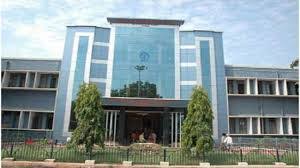

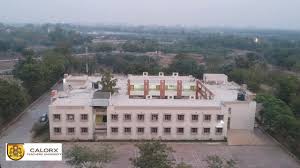

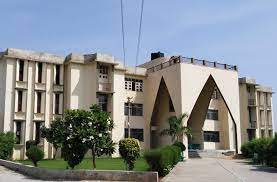
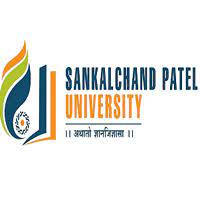


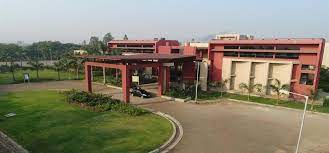





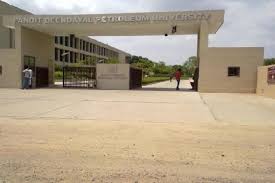
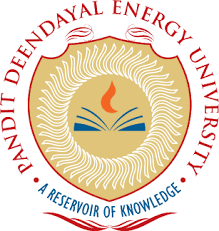

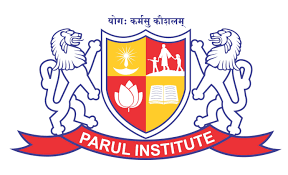


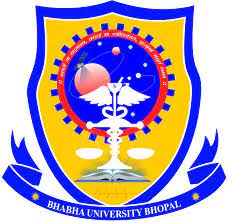


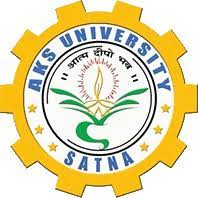



 back
back